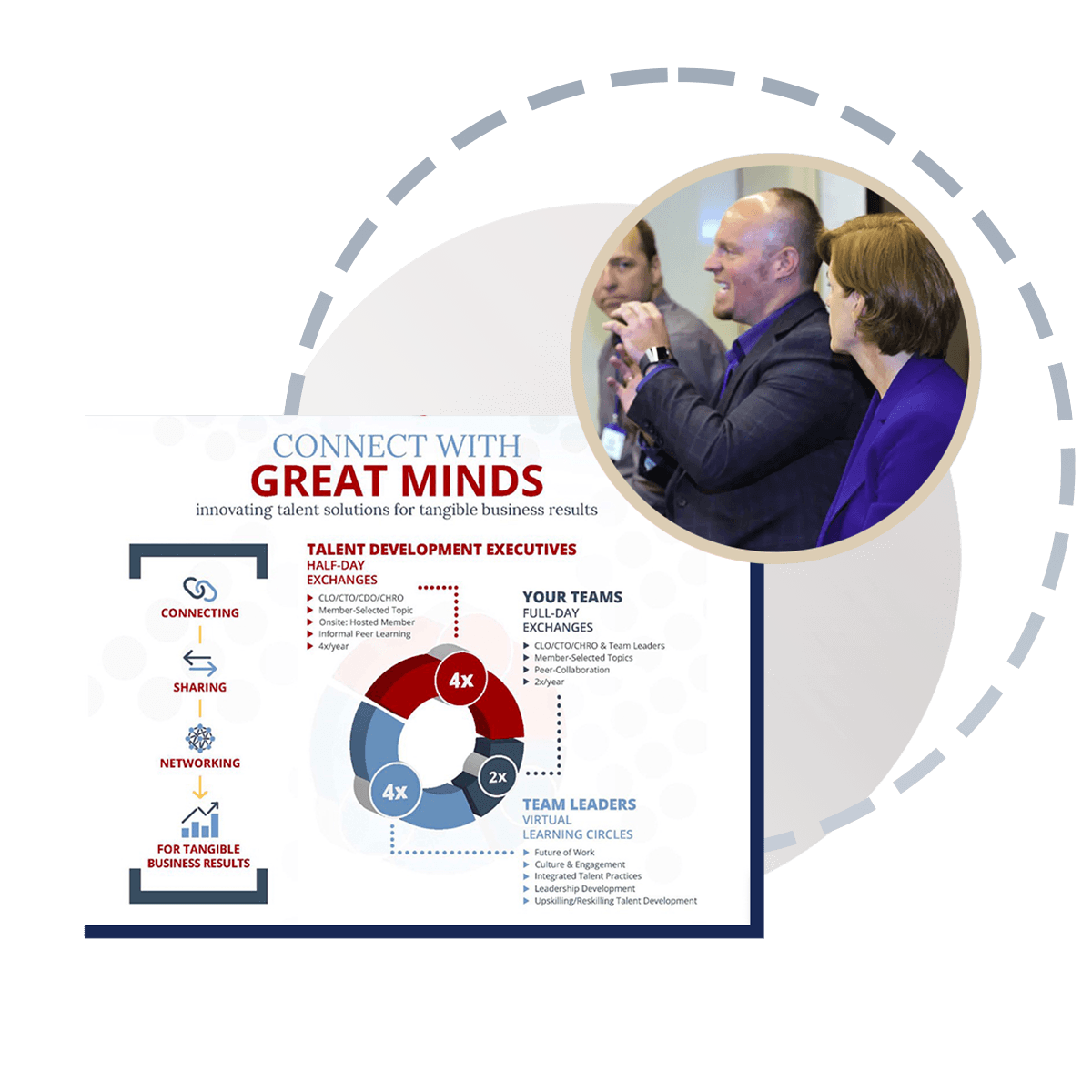In our current business environment, many now believe that characteristics labeled “coaching culture” are really “leadership culture,” meaning a culture that values the development of leaders at all levels and in all parts of the organization. Research from the Center for Creative Leadership (CCL) suggests that attitudes and behaviors associated with a coaching approach represent an important enabling element in organizational cultures related to innovation, collaboration, and learning agility.
The Froedtert Health Coaching Collaborative is a facilitated group coaching learning experience. Since launching in 2014, cohorts of diverse leaders (different locations, services, temperaments, and generations) come together for one full day each month for six months to discuss their work, share lessons learned, best practices, and create efficiencies through shared knowledge. Leaders learn how to manage change in a learning organization while they develop peer relationships across the organization. Broad goals of this learning experience include the development of coaching, reflection, and action learning skills. More specific objectives include:
- Spread core coaching skills: more people can get coached in a group; thereby, more quickly cultivating a coaching culture.
- Transfer results of coaching more effectively into the workplace because the nature of group coaching is very similar to the nature of teams in the workplace.
- Accomplish prompt actions and results in the workplace as group members, and peers share support and accountabilities to take those actions.
- Create a culture of learning and reflection across entities within the organization.
- Build a sense of community by decreasing the feeling of silos and isolation that leaders can sometimes experience.
- Cultivate a learning organization where leaders/staff are regularly engaged in deep reflection, learning, problem-solving, and sharing.
This workshop will introduce the model and framework, a sample learning activity modeling right brain/left brain experiential learning, and provide an opportunity to experience the group coaching process.
- Identify the principles of a successful group coaching model.
- Describe how active listening, reflective questioning, challenging assumptions, and giving feedback serve as a foundational framework for this immersive learning experience.
- Experience a modified version of a group coaching experience focused on work-life balance.
